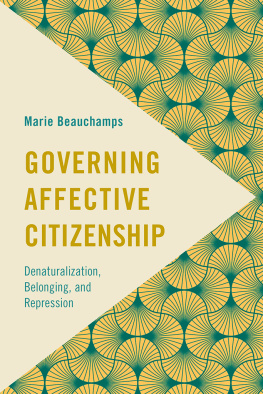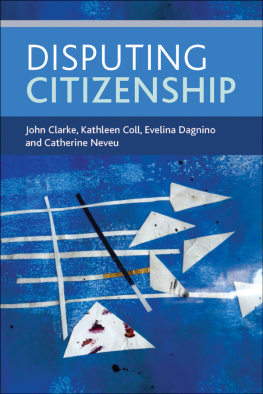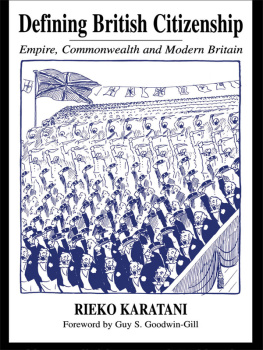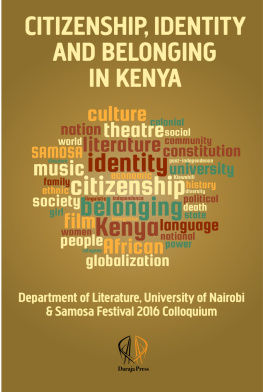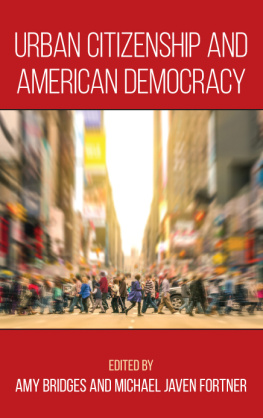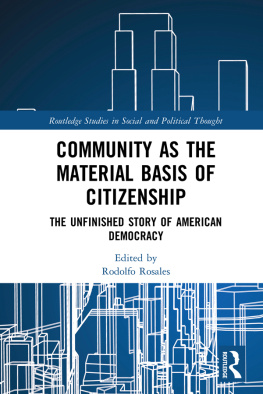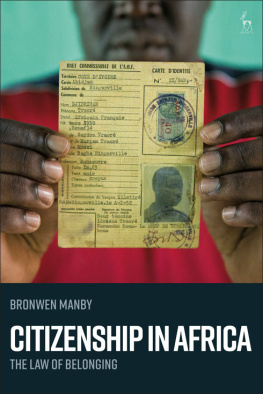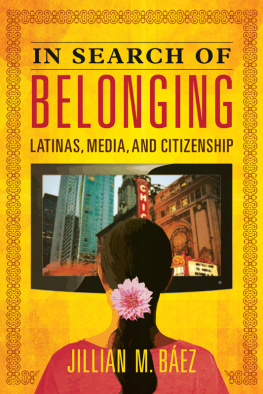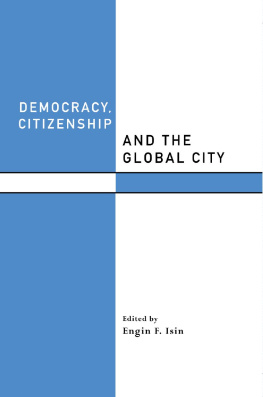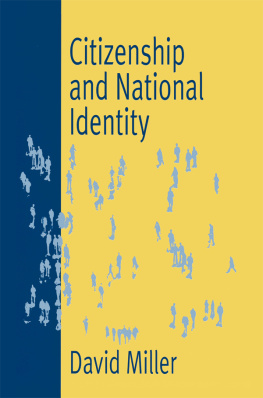First published in 2021 by
UCL Press
University College London
Gower Street
London WC1E 6BT
Available to download free: www.uclpress.co.uk
Text Author, 2021
Images Author and copyright holders named in captions, 2021
The author has asserted his rights under the Copyright, Designs and Patents Act 1988 to be identified as the author of this work.
A CIP catalogue record for this book is available from the British Library.
Any third-party material in this book is not covered by the books Creative Commons licence. Details of the copyright ownership and permitted use of third-party material is given in the image (or extract) credit lines. If you would like to reuse any third-party material not covered by the books Creative Commons licence, you will need to obtain permission directly from the copyright owner.
This book is published under a Creative Commons Attribution-Non-Commercial 4.0 International licence ( CC BY-NC 4.0 ), https://creativecommons.org/licenses/by-nc/4.0/ . This licence allows you to share and adapt the work for non-commercial use provided attribution is made to the author and publisher (but not in any way that suggests that they endorse you or your use of the work) and any changes are indicated. Attribution should include the following information:
Jeevendrampillai, D. 2021. Citizenship, Democracy and Belonging in Suburban Britain: Making the local : UCL Press. https://doi.org/10.14324/111.9781800080539
Further details about Creative Commons licences are available at http://creativecommons.org/licenses/
ISBN: 978-1-80008-055-3 (Hbk.)
ISBN: 978-1-80008-054-6 (Pbk.)
ISBN: 978-1-80008-053-9 (PDF)
ISBN: 978-1-80008-056-0 (epub)
ISBN: 978-1-80008-057-7(mobi)
DOI: https://doi.org/10.14324/111.9781800080539
IWLWHW
This book examines emergent subjectivities and citizenship in late liberalism. Over the course of the following chapters I will outline the sensibilities, experiences and effects of being local. Late liberal democracies emphasise participation . This places the onus of responsibility for inclusion in social life on individuals and communities. The moral responsibility each citizen has for the articulation of their citizenship, alongside heightened individualism, constitutes the neoliberal social logic that informs the particular local subjectivity I examine in this book. Whilst the book considers emerging notions of citizenship, dynamics of democracy and notions of belonging through a case study of community building in suburban London, the books subtitle, making the local, is a phrase that deliberately refers to the processes of the making of a feeling of localness and citizenship within a person, alongside, and entwined with, the material production of local place in an age of socio-political localism. This being so, at times in the text I refer to the book via its shorter subtitle. Whilst its brevity makes its use practical, the subtitle also alludes to making the local as a process in which notions of citizenship, democracy and belonging cannot be separated from emerging late liberal subjectivities and the politics of place which have seen heightened focus on the local. Further, it suggests the process of writing this book, which to some degree creates the local through its analysis.
The books evidence base emerges from long-term ethnographic fieldwork with two different social groups. The first is a group of community activists who aimed to make their home in Surbiton (a suburb in south-west London) better. The second is the Adaptable Suburbs Project (henceforth ASP), an architectural research project based at UCLs Bartlett School of Architecture, which funded the PhD research on which this book is based. The two groups, and the interaction between them, broadly represent, respectively, the citizen and the state.
The ASP sought to understand the relationship between the built environment and the socio-economic life of the suburbs. Its research output was intended to guide urban planning policy. My role as part of this team was to work directly with community members in order to populate an online map with stories of the social life of Surbiton. However, things werent quite that simple. The most active and certainly the most visible group of local enthusiasts I found in Surbiton were the Seething Villagers (who also called themselves Seethingers or Villagers). This group used what they called stupid events, based around myths of, for example, goat boys, giants and sardines, to build community. When they added these mythical stories to the online map, the ASP rejected them. In the moderation process, the ASP dismissed the data precisely because it was not historical fact. I introduce this anecdote here to highlight how this book is concerned with the conflicts and gaps between groups, rather than concerned with any one discrete group. It is concerned with the governance of difference, the process and procedures of representation, and how the ethical and moral landscapes of democratic participation give rise to the particular (often competing) local and expert subjectivities, and to the particular relationships between state and citizen associated with late liberalism.
I use the term late liberalism throughout the book. It is a term employed in the work of Elizabeth Povinelli () to indicate, as she puts it, a formation of power the twined formations of neoliberalism and liberal cultural recognition that emerged in the late 1960s as a method of solving the crisis of liberal economic and social legitimacy in the wake of economic stagflation and colonial and social revolutions (2013a:301). Late liberalism refers specifically to the entwined but not determinate relations between a mode of governing difference and modes of governing markets (2013b:237).
The book could well have been subtitled The suburban citizen in neoliberalism . The forms of governance and subjectivity and the modes of social life described in this book are profoundly neoliberal, in the sense that the subjectivities that emerge in this context are in the mould of what Wendy Brown () use the phrase neoliberal agency to describe the shift of moral and ethical responsibility for governance from the state to the individual. Gershon et al. refer to job seekers (sculpting themselves and their attitude towards the job market), but we can apply it to the processes of community building. In both cases, ethical and moral responsibility has shifted away from the state and the free market and has become an issue of personal development and individual responsibility.
In my analysis of making the local I use the point of tension between the ASP and the Seethingers (the former refusing data offered by the latter) as a starting point to explore the (differing) logics and perspectives of these two social projects. Despite their differences they both aim to make places, such as Surbiton, better, and to do so in the rubric of late liberalism. The ideals of participation and inclusion are key characteristics of late liberal democracy. These ideals require different groups to communicate and to commensurate knowledge of their way of life, values and desires into a common matrix of understanding. Yet in this process some information, by necessity, must be excluded. This constitutes the later liberal governance of difference. My analysis is purposely attentive to moments of exclusion because it is here, I argue, that the local is made.






